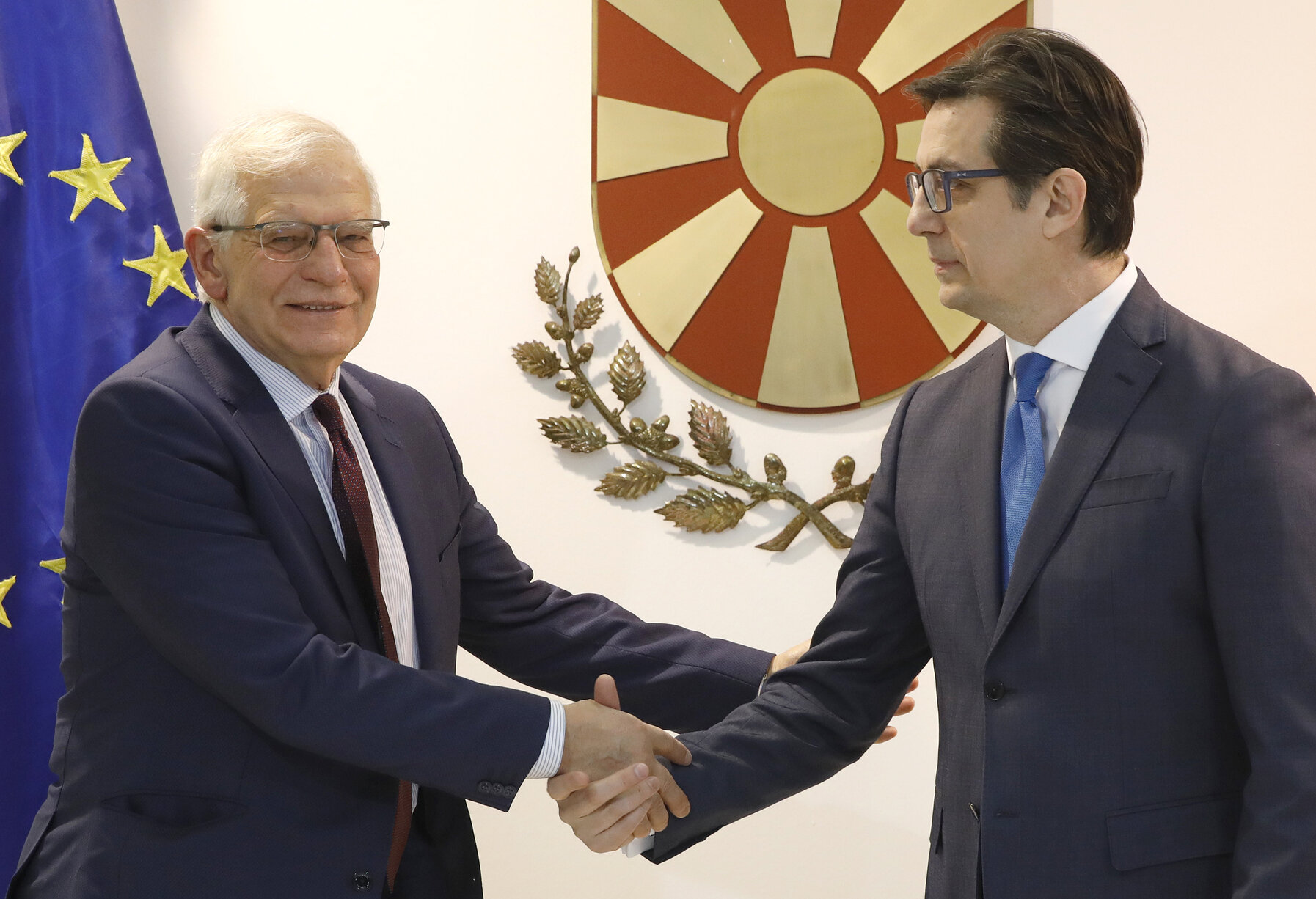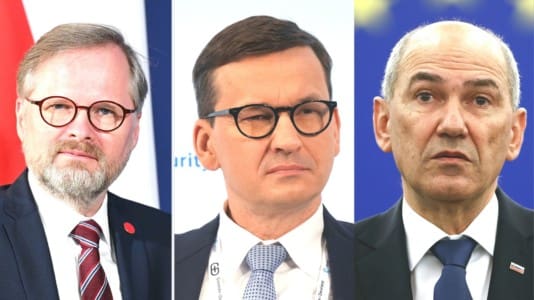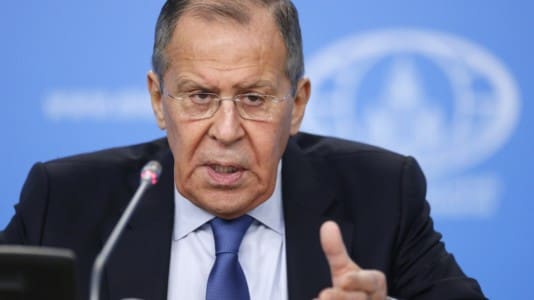The European Union will propose a plan to strengthen the security and defense of the Western Balkans, in a bid to bring the region closer to the EU27, Josep Borrell, the EU’s foreign policy chief, announced during a visit to Skopje, Macedonia.
Russia’s invasion of Ukraine has raised concerns among EU officials about possible security instability in the Balkans, and Borrell used his time in Macedonia to call for the EU to “revitalize the enlargement process,” and to start negotiations on the accession of North Macedonia and Albania to the European Union as soon as possible.
Accession talks are currently blocked by Bulgaria over disputes concerning history, language, and national identity. Sofia continues its protests despite calls from the EU and some member states urging Bulgaria to drop the veto in the name of stability and continued integration of the region into the EU.
Brussels has also linked the start of talks with North Macedonia with Albania, so the Bulgarian veto also applies to Tirana.
“We will continue talking (with Bulgaria) until this issue will be solved,” Borrell said during his visit to the North Macedonian capital.
He added that he noticed an improvement in the relations between the Bulgarian and North Macedonian governments in recent months. According to the EU’s foreign policy chief, bilateral issues cannot determine the entire accession process.
Furthermore, the RFE/RL radio station reported that North Macedonian President Stevo Pendarovski has called on the EU to take “strategic decisions” concerning its enlargement policy, stating that the ongoing blockade of the Skopje-Tirana accession process was unsustainable.
On Feb. 24, the day of the Russian invasion of Ukraine, the EU decided to almost double the size of its EUFOR peacekeeping force in Bosnia due to possible instability resulting from the Russian invasion.
Although Bosnia is far from the battleground, the integrity of this former Yugoslav republic is threatened by strong separatist tendencies of the Bosnian Serb leadership. It also has the strong support of Moscow in its activities, and there are fears that security instability could spread to other parts of the Western Balkans.






